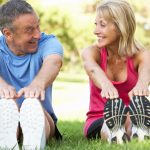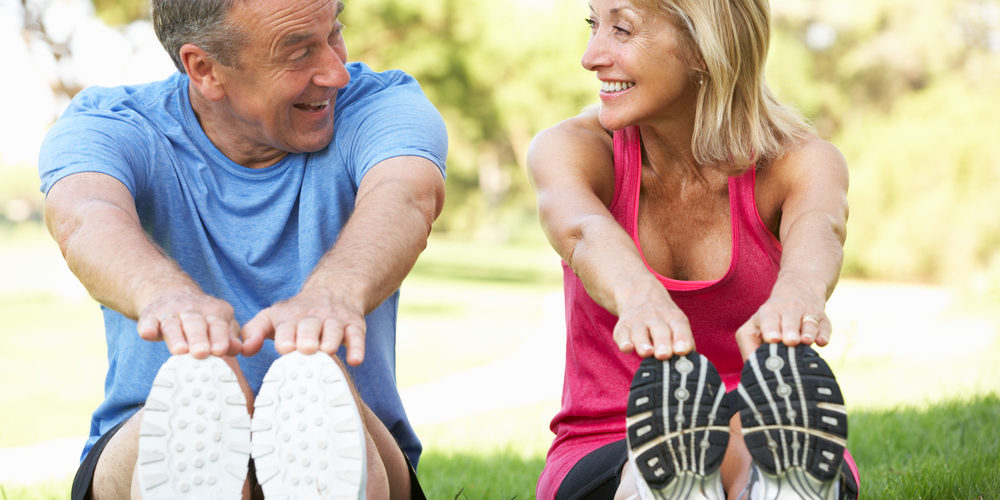 This summer I received my certification as a Functional Aging Specialist from the Functional Aging Institute. What does that mean exactly? The certification gives me great knowledge into working with mature adults. “Mature adults” meaning over the age of fifty-five. The course gives people a better understanding of the changes that occur with aging and the many ways you can minimize these changes through exercise. Soon to be one of those “mature adults”, I was very interested in this certification.
This summer I received my certification as a Functional Aging Specialist from the Functional Aging Institute. What does that mean exactly? The certification gives me great knowledge into working with mature adults. “Mature adults” meaning over the age of fifty-five. The course gives people a better understanding of the changes that occur with aging and the many ways you can minimize these changes through exercise. Soon to be one of those “mature adults”, I was very interested in this certification.
We can’t stop the aging process, but we can influence how well we age. The choices we make about the foods we eat or the activities we engage in will significantly affect how we age.
The course defined these different Aging Concepts:
- Primary Aging: “The innate process of maturation and subsequent decline which occurs in the body’s cells and physiological systems throughout the life span that makes the organism more susceptible to disease, injury and death.” Basically your genetics define this. This accounts for one third of your aging process.
- Secondary Aging: “Age-related deteriorations that result from lifestyle behaviors (physical activity, nutrition, tobacco, alcohol), disease processes (diabetes, cancer, cardiovascular disease), environment (exposure to toxins, air pollution, UV radiation), injury and illness.” This counts for the remaining two thirds of your aging process.
- Chronological Aging: “The number of years a person has been alive. Your chronological age.”
- Usual Aging: “Describes how the majority of individuals in today’s society “usually” or “typically” age.”
- Successful Aging: “Based on research by Rowe and Kahn, this is defined by the ability to maintain a low risk of disease and disease-related disability; high mental and physical function; and active engagement with life.”
- Active Aging: “A concept advanced by the International Council on Active Aging and adopted by the World Health Organization that encourages individuals to be “engaged in life” as fully as possible despite health status, disease conditions or socioeconomic status. It recognizes the importance of each of the seven dimensions of wellness – physical, intellectual, emotional, spiritual, environmental, vocational, social – to the overall well-being of an aging individual.”
The overall premise of the course is that exercising with effective exercises for this population increases your abilities to function longer in life. The course material references “Master Athletes”, senior citizens participating in athletic competitions and/or games. Some of these athletes were never competitive in their younger years and have just “aged into it”.
When I attended the Functional Aging Summit in June, I met Marc Middleton, editor-in-chief of the magazine “growing bolder”. His presentation was very inspiring and showed several people into their 80’s and 90’s participating in activities you would not associate with people of that age.
The textbook definition of Functional Aging is “a combination of the chronological, physiological, mental, and emotional ages.”
What type of aging do you want to do? I don’t really have a desire to be a master athlete, but I definitely want to be in the “Successful Aging” or “Active Aging” category.
Holly Kouvo is a certified Personal Trainer, Nutrition Specialist, Senior Fitness Specialist, Functional Aging Specialist, speaker and writer. Learn more at www.FittingFitnessIn.com.

